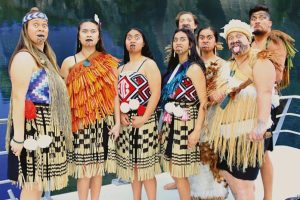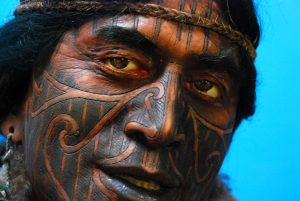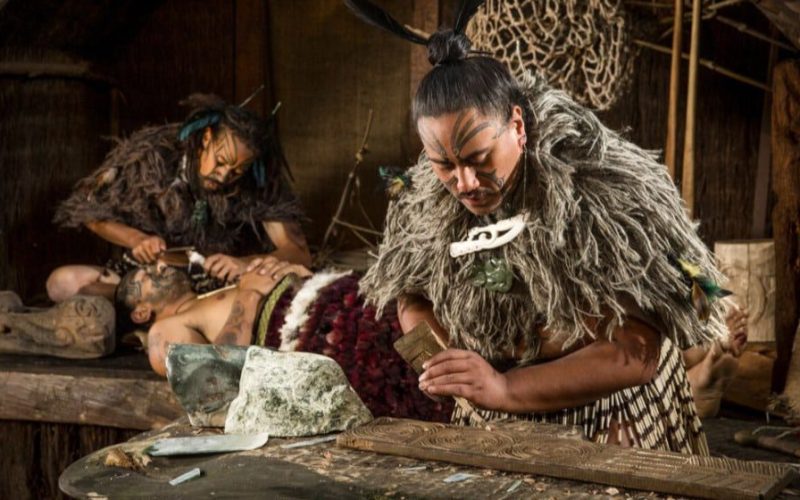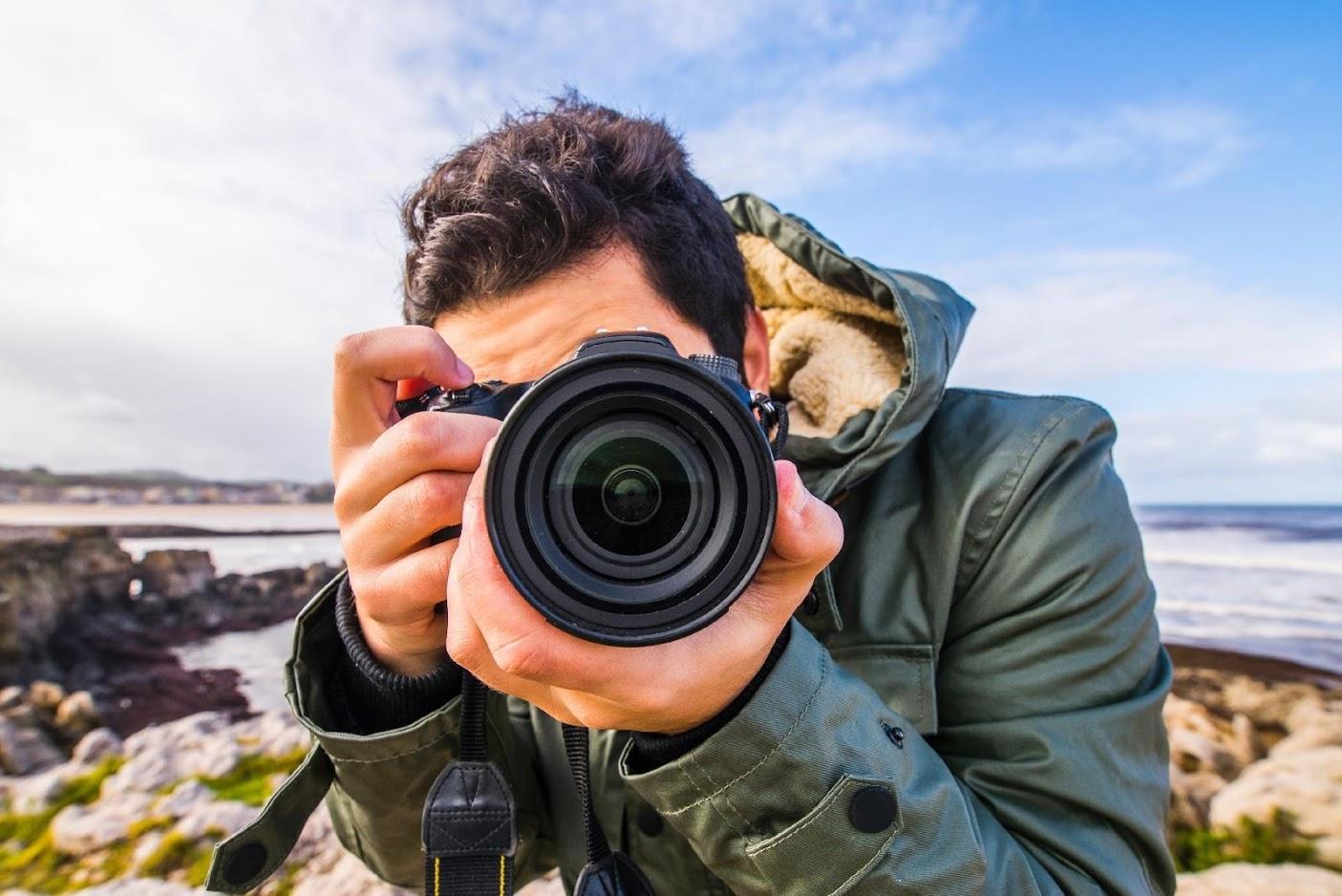New Zealand’s Maori culture is a vibrant tapestry woven with the threads of tradition, identity, and resilience. From the ancient practices of the indigenous Maori people to the contemporary influences shaping modern society, immersing oneself in this rich cultural heritage offers a profound and transformative experience.
New Zealand’s Maori culture is an integral part of the nation’s identity, shaping its history, values, and sense of belonging. As the indigenous people of Aotearoa (New Zealand), the Maori have preserved their cultural heritage through centuries of adversity, ensuring that their traditions remain alive and thriving in the modern world.
History of Maori Culture
The story of Maori culture begins with the arrival of Polynesian navigators in Aotearoa around 1300 AD. These seafaring explorers, known as the Maori, established settlements throughout the islands and developed a rich and complex society travel guide based on kinship, spirituality, and resourcefulness. Over time, the Maori forged connections with European explorers and settlers, leading to significant cultural exchange and, at times, conflict.

Significance of Maori Culture
Maori culture holds profound significance for both Maori and non-Maori alike, serving as a source of pride, identity, and connection to the land. The preservation of traditional practices, language, and customs is essential for maintaining the unique cultural heritage of New Zealand’s indigenous people.
Traditional Maori Practices
Central to Maori culture are traditional practices such as the haka, a powerful ceremonial dance performed to convey a range of emotions, from reverence to defiance. Similarly, ta moko, or traditional tattooing, and whakairo, or carving, are artistic expressions of Maori identity and storytelling that continue to resonate in contemporary society.
Contemporary Maori Influences
In recent years, there has been a resurgence of interest in Maori language, arts, and culture, fueled by initiatives aimed at revitalizing indigenous knowledge and promoting cultural diversity. Maori representation in mainstream media, film, and music has also played a crucial role in raising awareness and appreciation of Maori culture both domestically and internationally.
Cultural Sites and Landmarks
Visitors to New Zealand can immerse themselves in Maori culture by visiting marae, traditional meeting grounds where ceremonies, performances, and gatherings take place. Landmarks such as Te Papa Tongarewa, the national museum of New Zealand, and the Waitangi Treaty Grounds offer insight into Maori history, art, and governance.
Maori Cuisine and Hospitality
No cultural experience would be complete without sampling Maori cuisine, which reflects the bounty of the land and sea. Hangi, a traditional method of earth oven cooking, is a communal feast that brings people together to share food, stories, and laughter.
Engaging in Maori Cultural Experiences
Travelers seeking a deeper understanding of Maori culture can participate in guided tours, workshops, and cultural festivals led by knowledgeable guides and artisans. For a truly immersive experience, consider staying with Maori families who generously share their traditions, customs, and way of life.
Conservation Efforts and Sustainability
Preserving Maori cultural sites, practices, and natural resources is paramount for ensuring the sustainability and integrity of Maori culture for future generations. Community-led initiatives focused on environmental stewardship and cultural revitalization are vital for safeguarding Maori heritage in the face of modern challenges.
Economic Impact of Maori Tourism
Maori tourism plays a significant role in New Zealand’s economy, providing employment opportunities and supporting local businesses in both urban and rural areas. By investing in cultural tourism, communities can showcase their unique identity and generate income while fostering cross-cultural understanding and appreciation.
Challenges and Opportunities
Despite the resilience of Maori culture, challenges such as cultural appropriation, socio-economic disparities, and environmental degradation persist. Addressing these issues requires collaboration, respect, and a commitment to honoring Maori knowledge, values, and aspirations.
Future Prospects of Maori Culture
As New Zealand continues to embrace its multicultural identity, the future of Maori culture looks promising, with ongoing efforts to celebrate, preserve, and revitalize indigenous traditions. By recognizing the importance of cultural diversity and inclusivity, society can ensure that the spirit of Maori culture remains alive.
A Taste of Tradition
Sample iconic Maori dishes like hangi, a method of cooking using earth ovens, and kumara, the sweet potato revered as a staple food in Maori culture.
Ta Mook, the Sacred Maori Tattoo
Ta Mook, the traditional Maori tattoo, is more than just body art; it is a sacred expression of identity and heritage. Each intricate pattern holds deep personal and cultural significance, symbolizing genealogy, social status, and life achievements. Ta Mook is not merely a fashion statement but a tangible link to Maori ancestry, etched into the skin with reverence and pride.

What is the significance of the hongi in Maori culture?
The hongi, a traditional Maori greeting where noses are pressed together, symbolizes the exchange of breath, forging spiritual connections and mutual respect.
How do Maori communities pass down oral traditions and legends?
Maori communities preserve oral traditions and legends through storytelling, songs, dances, and visual arts, ensuring cultural continuity across generations.
What role do marae play in Maori society?
Marae serves as focal points for Maori communities, hosting gatherings, ceremonies, and social events while also embodying ancestral connections and spiritual significance.
How do Maori cultural values influence contemporary New Zealand society?
Maori cultural values such as whanaungatanga (kinship), Kotahitanga (unity), and Manaaki Tanga (hospitality) shape contemporary New Zealand society, fostering inclusivity, resilience, and cultural diversity.
Conclusion:
Immersing yourself in New Zealand’s vibrant Maori culture offers a unique opportunity to connect with the land, history, and people of Aotearoa. By embracing traditional practices, engaging with local communities, and fostering respect for indigenous knowledge, visitors can contribute to the preservation and celebration of Maori heritage for generations to come.










